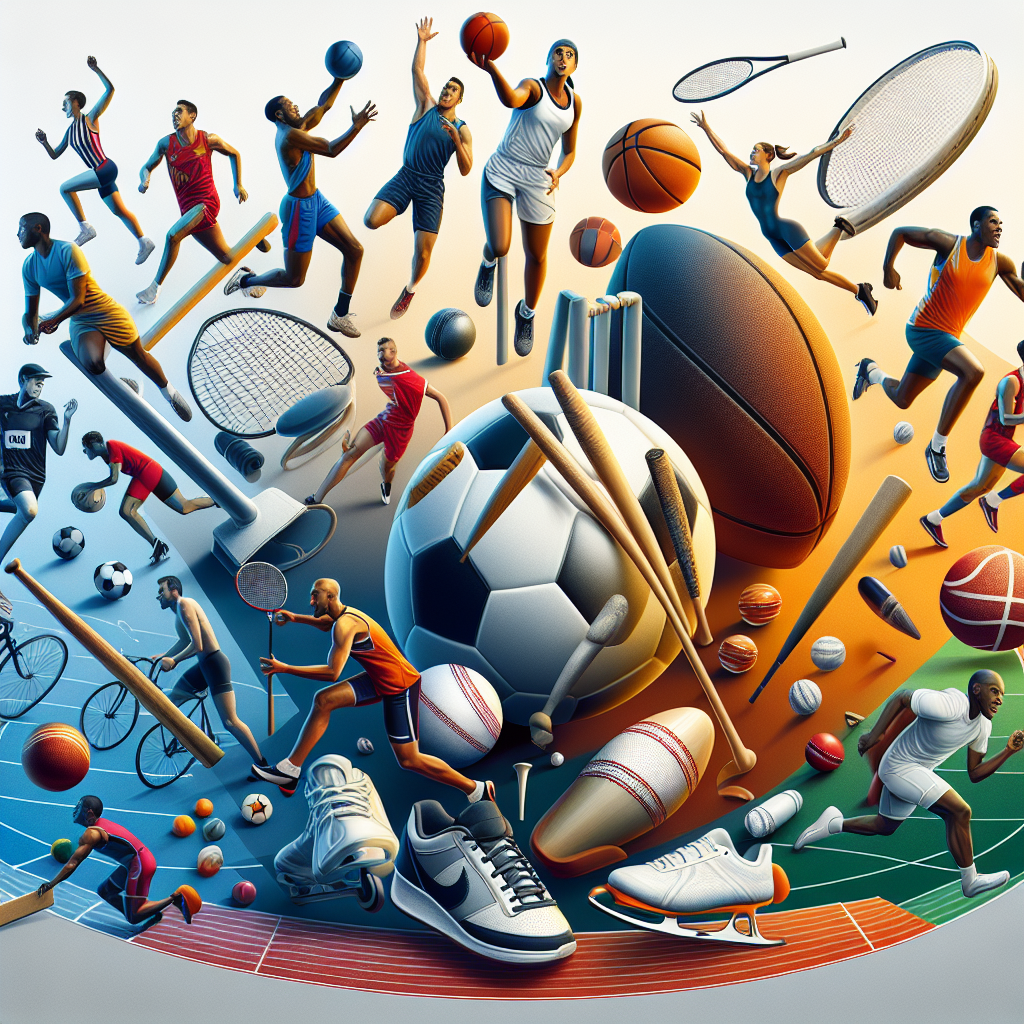New Sport Diplomacy Strategy to Boost NZ Trade, Global Ties and Cultural Links
Bishop described sport as a “universal language” capable of connecting people across borders in ways that traditional diplomacy often cannot.

- Country:
- New Zealand
Sport will become a central pillar of New Zealand’s international engagement, under a new Sport Diplomacy Strategy launched today by Associate Sport & Recreation Minister Chris Bishop. The initiative positions sport as a tool not only for cultural exchange but also for advancing New Zealand’s trade, tourism, education, and diplomatic objectives.
Sport as a Bridge Beyond Traditional Diplomacy
Bishop described sport as a “universal language” capable of connecting people across borders in ways that traditional diplomacy often cannot. “It opens doors, builds trust, and connects people in ways traditional diplomacy can’t. We’ve all seen how a game of rugby, cricket, or hockey can create bonds between nations that go well beyond sport itself,” he said.
New Zealand’s athletes and teams have long been admired globally for their skill and sportsmanship, from the All Blacks in rugby to elite performers in cricket, rowing, and hockey. The Government now intends to leverage this strong international sporting reputation to strengthen political relationships, create new trade opportunities, and showcase New Zealand on the world stage.
Strategic Focus: India, the Pacific, and the United States
The initial phase of the Sport Diplomacy Strategy will focus on three key regions: India, the Pacific, and the United States. These regions were chosen because of their potential to deliver high-value diplomatic, cultural, and economic outcomes.
-
India: Sport will be central to strengthening ties with one of the world’s largest and fastest-growing economies. Following the Prime Minister’s trade mission earlier this year, which featured a Memorandum of Cooperation in Sports between Sport New Zealand and India’s Ministry of Youth Affairs and Sports, the strategy will intensify collaboration. In 2026, the two countries will celebrate 100 years of sporting ties with a programme of cricket, hockey, and cultural events, designed to deepen people-to-people links and open new opportunities for exporters.
-
The Pacific: Sport plays an important cultural and social role across the Pacific. Expanding sport diplomacy in the region will strengthen shared identity, youth development, and regional cooperation.
-
The United States: The U.S. offers both commercial opportunities and global visibility. Strengthened sporting partnerships can help New Zealand businesses access new markets while boosting the country’s international profile.
Building on Past Successes
The strategy builds on recent examples where sport has already proven to be an effective tool for diplomacy. The Prime Minister’s trade mission to India earlier this year showcased sport’s potential, with cricket and other sporting events helping open the door to deeper trade and political engagement.
The upcoming 2026 centenary celebrations of sporting ties between India and New Zealand will further demonstrate how sport can anchor long-term cultural and diplomatic relationships. Bishop emphasised that this will be “far more than a series of sporting events; it will be a nationwide programme of sport, culture, business, and diplomacy.”
A Whole-of-Government Approach
The Sport Diplomacy Strategy is a cross-government initiative, designed to bring together multiple agencies and sectors to achieve shared outcomes. Beyond direct benefits to athletes and sporting bodies, it aims to support export growth, international education, tourism promotion, and investment attraction.
“This is about using sport to strengthen New Zealand’s place in the world and build a more prosperous future,” Bishop said. “By working together across government, the Sport Diplomacy Strategy will deliver for our athletes and sporting bodies, while also boosting trade, tourism, education, and investment.”
Sport as a Long-Term Investment in Global Relationships
New Zealand has long used sport as a tool of soft power, with rugby tours, cricket exchanges, and Olympic representation all contributing to the country’s reputation abroad. The new strategy formalises this approach, ensuring that sport becomes a strategic driver of global relationships rather than just a by-product of competition.
For athletes, businesses, and communities, the message is clear: sport is not only about what happens on the field but also about the trust, friendships, and opportunities created beyond it.
ALSO READ
Unprecedented Excellence: India-Sri Lanka Ties Strengthen
Opportunities to explore bilateral partnerships at optimal level: Sri Lankan envoy to India Mahishini Colonne.
Alarming Levels of Triglycerides in Indian Children: A Stark Reality
We see India not just as our closet neighbour, but also our most natural business partner: Sri Lankan envoy Mahishini Colonne tells PTI.
MiG-21's Last Flight: A Nostalgic Farewell to India's Aerial Warrior










